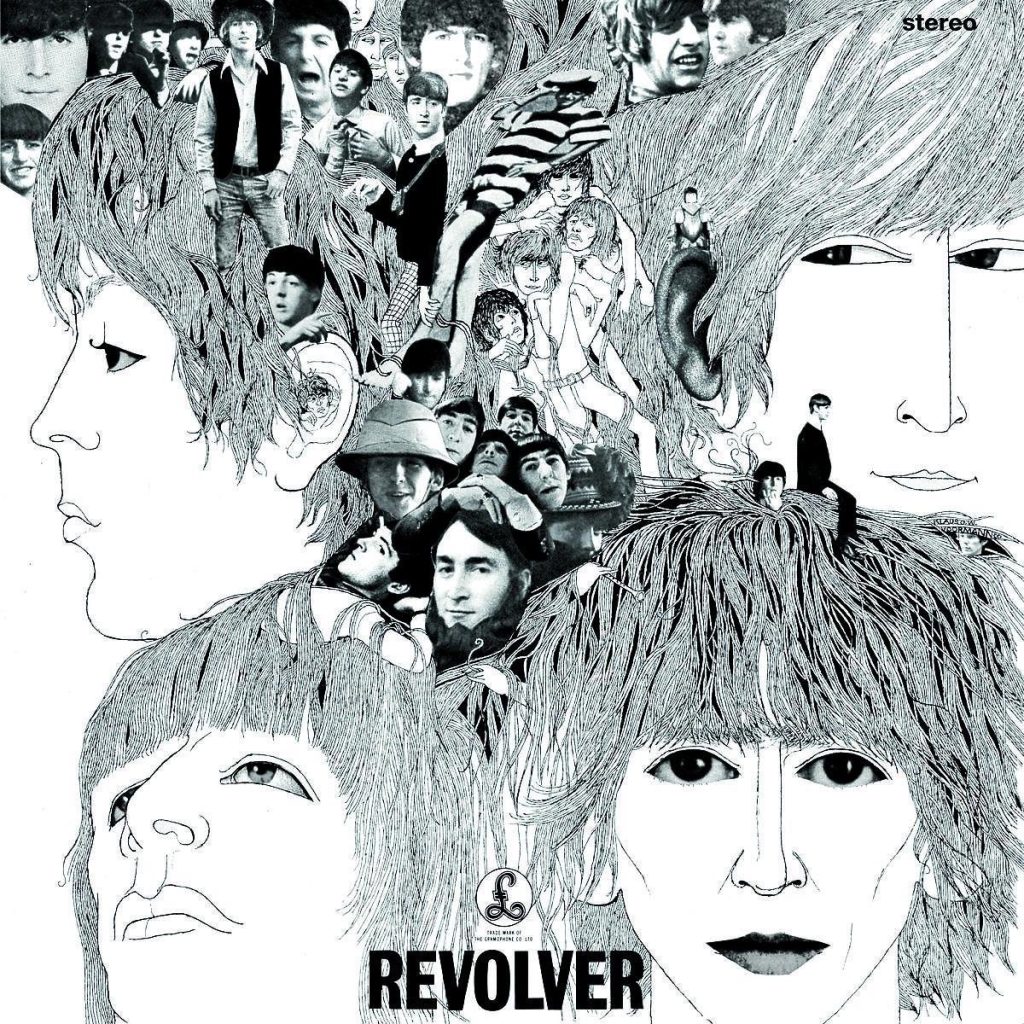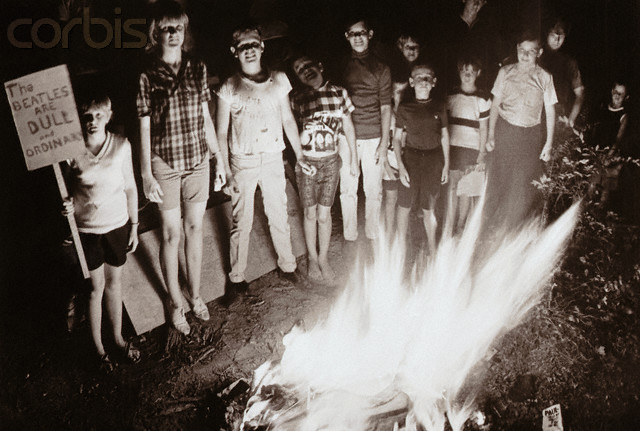
1966 marked an unprecedented artistic transformation and musical evolution for the Beatles. During this year, the Beatles explored new territories and expanded the boundaries of popular music, while writing some of their most iconic songs.
In early 1966, the Beatles decided to end their relentless touring and concentrate on writing and recording. This decision was made in part because of exhaustion and negative reactions to some of their concerts, particularly in the Philippines and the United States. This decision had a significant impact on their approach to music, freeing them from the constraints of playing live and allowing them to experiment more in the studio.
On 5 August 1966, the Beatles released their seventh studio album, the 60th on this list, ‘Revolver', which became an undisputed masterpiece and a cornerstone of their catalogue. The album marked a turning point in their career, with complex songs, innovative arrangements and groundbreaking production that defied the conventions of the time. Among the album's most famous tracks are “Eleanor Rigby”, “Yellow Submarine” and “Tomorrow Never Knows”.
1966 was also the year the Beatles faced their first major controversy. In an interview with British journalist Maureen Cleave, John Lennon said that the Beatles were “more popular than Jesus”, which provoked a backlash in the United States and other countries, with demonstrations, record burning and threats against the group. Although Lennon apologised, the controversy contributed to their decision not to perform in public again.
The year 1966 was a pivotal one for music and popular culture, with the Beatles at the forefront. Their studio experiments and bold artistic choices influenced other artists and helped shape popular music as we know it today. The band also began to take an interest in transcendental meditation and Eastern philosophy, which also influenced their music and imagery.
The Revolver album
Released on 5 August 1966, ‘Revolver' is the Beatles' seventh studio album and is often considered one of their best, if not their best. The album marked a turning point in the band's career and is known for its technical innovations, complex arrangements and exploration of new musical genres.
“Revolver” is an album that shines with experimentation and technical innovation. The Beatles and their producer, George Martin, used various innovative studio techniques, such as “varispeed” (modulation of recording speed), “reverse tape” (tape recorded in reverse), or “ADT” (Artificial Double Tracking), to create unique sound effects and give a new dimension to their music.
The album “Revolver” is a collection of 14 eclectic tracks, ranging from psychedelic rock to baroque pop. Among the most iconic tracks are “Eleanor Rigby”, a poignant song about loneliness and death with an innovative string arrangement; “Yellow Submarine”, a playful, childlike song sung by Ringo Starr that has become a classic of the band; and “Tomorrow Never Knows”, a psychedelic, avant-garde experiment that marked a turning point for pop music.
“Revolver” deals with a variety of themes, such as love, spirituality, politics and the human condition. The Beatles also became interested in transcendental meditation and Eastern philosophy, which is reflected in some of their songs and imagery. The album had a huge impact on music and popular culture, influencing many artists and bands, and paving the way for genres such as psychedelic rock and baroque pop.
Eleanor Rigby
“Eleanor Rigby” is a striking example of the band's creative genius, combining poignant lyrics and a unique musical arrangement to tell a story of loneliness and the desire for human connection.
The Beatles have often been associated with happy, upbeat love songs, but “Eleanor Rigby” shows a darker, more introspective side of the band. Paul McCartney, who is credited as the main writer of the song, was inspired by the people he met and the stories he heard over the years. The characters of Eleanor Rigby and Father McKenzie are fictional, but they represent the many people who live in loneliness and isolation.
Eleanor Rigby
Died in the church and was buried along with her name
Nobody came
Father McKenzie
Wiping the dirt from his hands as he walks from the grave
No one was saved
The song tells the story of Eleanor Rigby, a lonely woman who collects rice after a wedding, and Father McKenzie, a priest who writes sermons that no one hears. The two characters eventually cross paths when Father McKenzie officiates at Eleanor Rigby's funeral, with no one to mourn her death.
The message behind “Eleanor Rigby” is universal: it addresses the loneliness and isolation that can affect anyone, regardless of age or situation. The song encourages us to reflect on our own humanity and to consider those who may be forgotten or marginalised in our society.
Yellow Submarine
“Yellow Submarine” was written mainly by Paul McCartney, with contributions from John Lennon. The basic idea was to create a song for children that would also appeal to adults. McCartney said that he drew inspiration from various sources, including children's stories and traditional nursery rhymes. The song is sung by Ringo Starr, whose warm and friendly voice adds a touch of charm and friendliness to the tune.
“Yellow Submarine” tells the story of a fantastic journey on a yellow submarine, where the protagonists meet wonderful characters and places. The song is a hymn to imagination, friendship and adventure, encouraging listeners to explore and enjoy the simple pleasures of life.
The song features a simple and catchy musical arrangement, with guitars, bass and percussion. Sound effects, such as water bubbles, sirens and voices, are also used to create an immersive and entertaining atmosphere. These elements contribute to the song's universal appeal and its popularity with listeners of all ages.
The immense popularity of “Yellow Submarine” led to the creation of an animated film of the same name, released in 1968. The film, which features Beatles cartoons and characters inspired by the song, became a cult classic and is often considered one of the best animated films of all time. The film also helped to reinforce the cultural impact of the song and bring it to an even wider audience.

